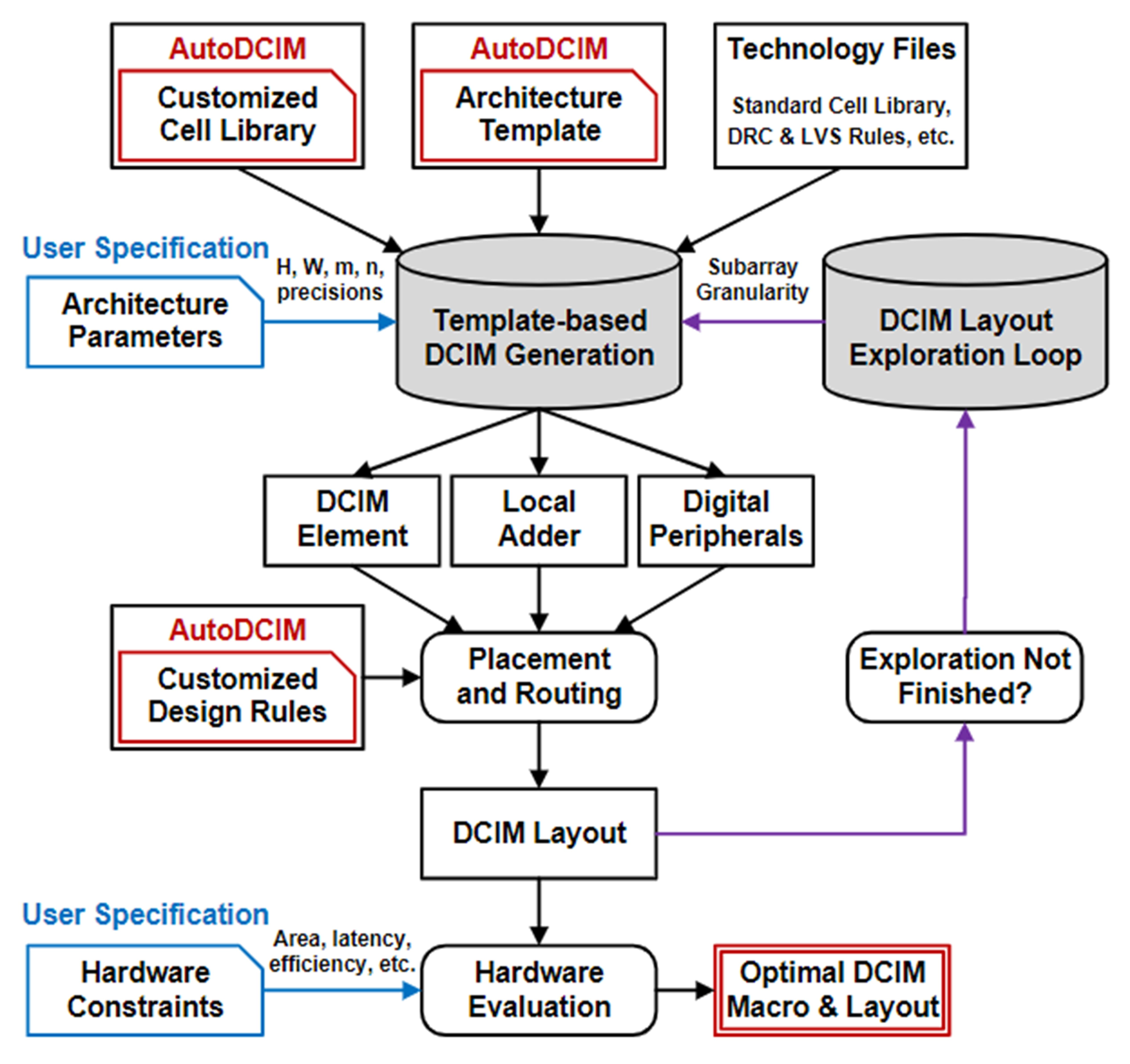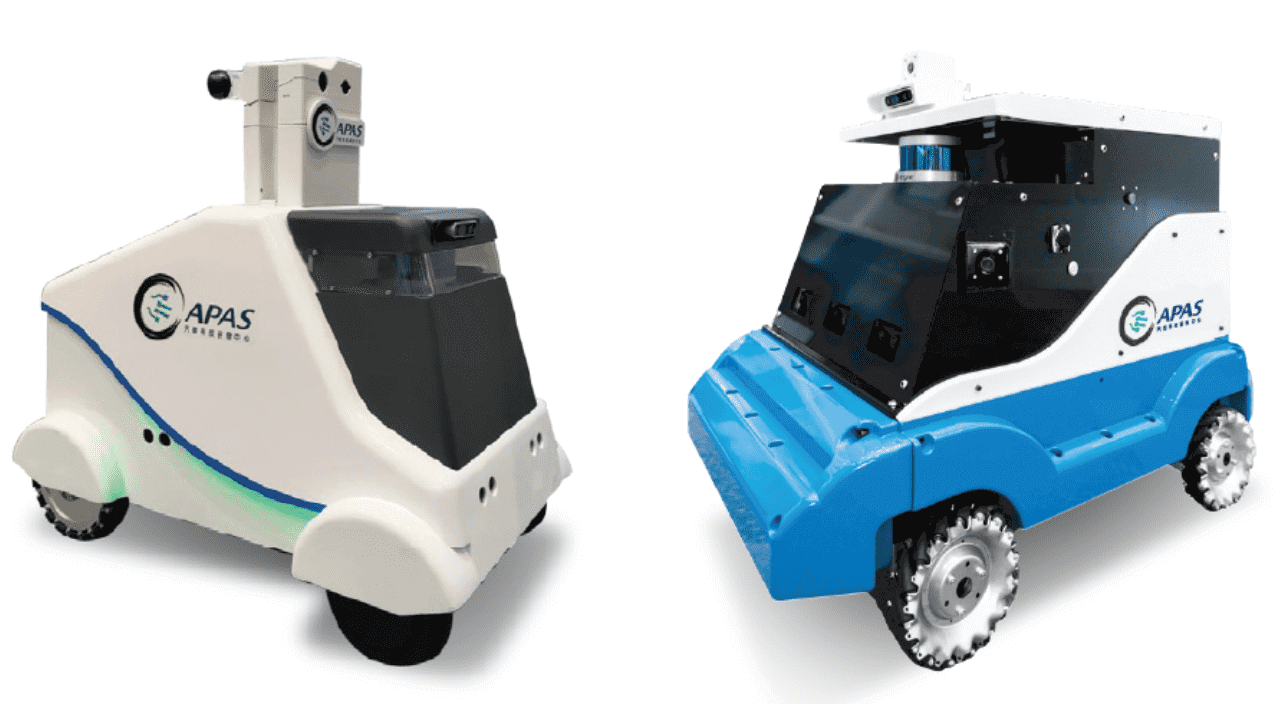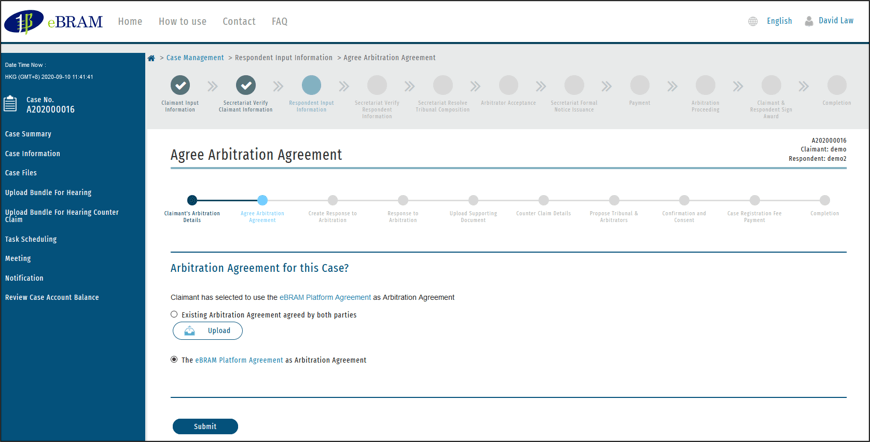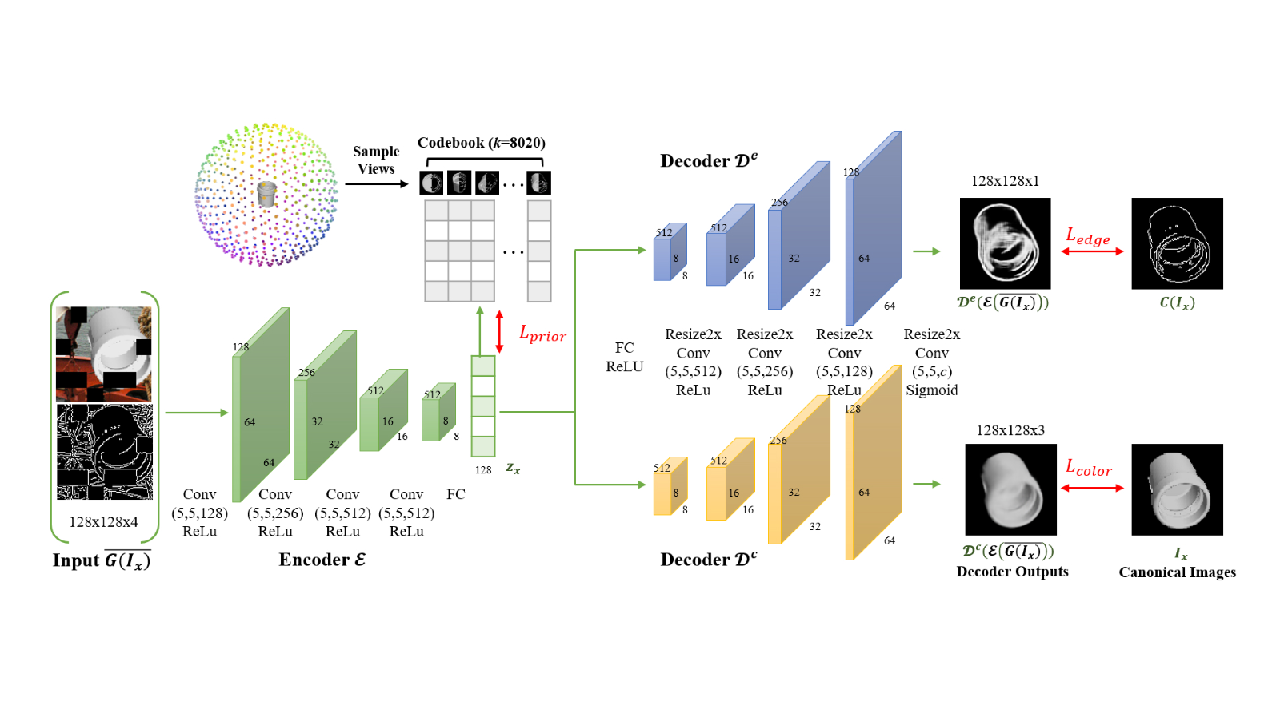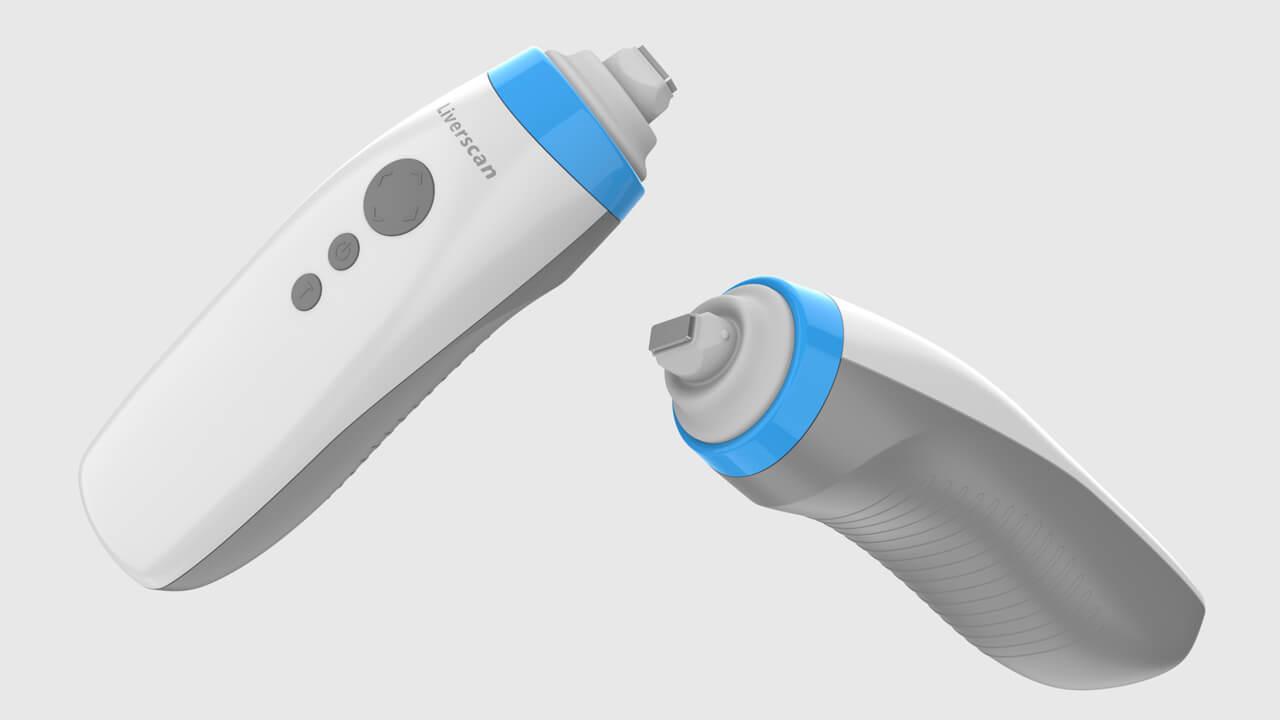
Energy-efficient Digital Compute-In-Memory Module for AI Chip Design

Digital Compute-In-Memory (DM) uses digital circuit design technology to integrate storage and computing unit design, which reduces the system energy consumption caused by data transfer in AI computing, and provides a potential energy-efficient solution for MAC computing necessary for matrix multiplication in AI algorithms.
Digital compute-in-memory (DCIM) computing technology can bring higher computational efficiency to AI chips, but existing electronic design automation (EDA) tools do not support automated DCIM module design. ACCESS has developed an automated platform tool called AutoDCIM, which can generate corresponding DCIM modules for system-on-a-chip (SoC) designs according to user requirements.
- ACCESS has developed a world's first DCIM development tool, which can be customized for design optimization, including a library of design templates provided by experienced designers, and combined with design flow optimization and automatic parameter optimization. It can provide fast customized DCIM units at the circuit and layout level for system-level applications.
- ACCESS's DCIM module has been successfully silicon proven in 28nm process technology. The module demonstrates a computational efficiency of up to 26 TOPS/W, a 34% improvement over TSMC's similar design in 22nm process technology.
- Applicable for high-performance edge computing chips
Specialized AI chips will be a key factor driving the AI revolution. To cope with this emerging demand on hardware, the AI Chip Center for Emerging Smart Systems (ACCESS) is putting Hong Kong on the global map of AI chip and hardware design. ACCESS is a tightly coordinated, multi-disciplinary center for advancing integrated circuit (IC) design technologies to enable novel data-centric computing paradigms supporting a wide range of AI applications. Putting together world-class experts, the Center is focus on the research theme of designing customised AI chips to realise ubiquitous AI applications used throughout society.
The research agenda in ACCESS is organised into four programmes:
- Enabling Technology for Emerging Computing Systems addresses memory and data bandwidth problems to alleviate the bottlenecks of AI hardware by exploring integration of silicon-compatible emerging technologies with scaled silicon chips.
- Architecture and Heterogeneous System Integration focuses on exploring different new architectural and system integration solutions for efficient neuromorphic computing on platforms ranging from cloud to smart Internet of Things.
- AI-Assisted EDA (Electronic Design Automation) for AI Hardware hopes to develop new design methodologies and design automation tools for AI chips.
- Hardware-Accelerated AI Applications emphasise selected emerging applications for hardware acceleration, exploring system architecture and new design tools specific to the target applications to achieve breakthroughs in AI hardware in speeds and energy efficiency.
For more inforamtion, please check: https://inno-access.hk/

